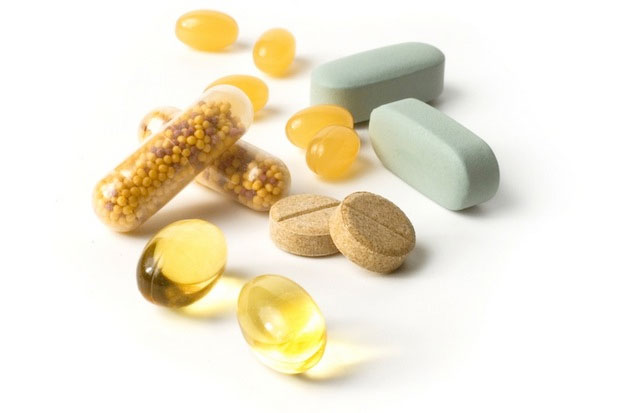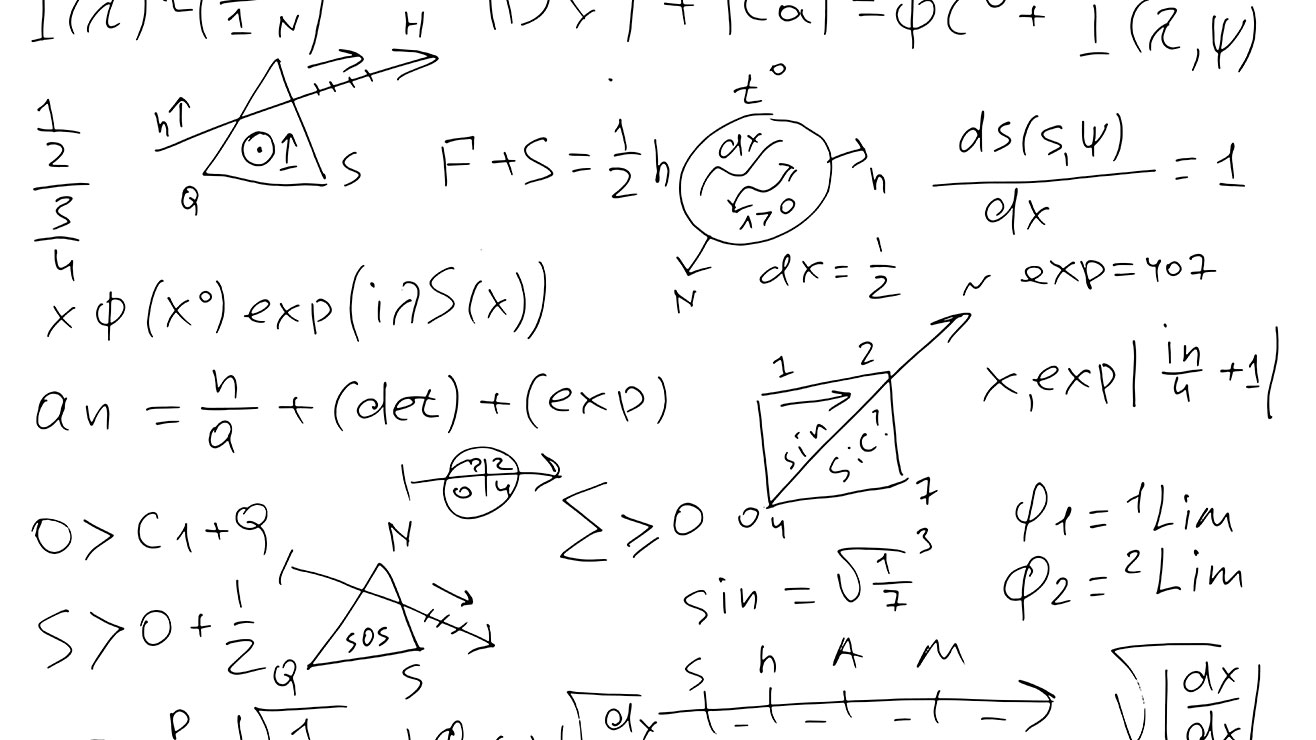Herbal Supplement Controversy: Did NY Investigation Use the Right Tests?

Authorities in New York have accused major retailers of selling herbal supplements that do not contain the listed ingredients. But now some scientists are questioning those conclusions, saying that the methods the authorities used to test the supplements may have yielded inaccurate results.
On Tuesday (Feb. 3), the office of New York Attorney General Eric T. Schneiderman called on Walmart, Walgreens, GNC and Target to stop selling certain herbal supplements, including some store brands of ginseng, Gingko biloba, Echinacea and St. John's wort.
Officials said that DNA tests showed that just 21 percent of the supplements tested actually contained the ingredient listed on the label. In contrast, nearly 80 percent of supplements either contained no DNA from the substance listed on the label, or they contained other plant species not listed on the label, such as rice, asparagus or wild carrot. Many of the DNA tests could not find any botanical substance in the supplements, the attorney general's office said.
"This investigation makes one thing abundantly clear: The old adage 'buyer beware' may be especially true for consumers of herbal supplements," Schneiderman said in a statement.
Experts that Live Science contacted said they agreed that mislabeling and contamination of products is large problem within the supplement industry, and that consumers cannot be sure what they're really getting when they purchase supplements. But those experts also said it's very possible that the results of this particular investigation are off the mark.
"There are profound problems with the quality of supplements in the United States," said Dr. Pieter Cohen, an assistant professor of medicine at Harvard Medical School, who has conducted numerous studies on adulterated supplements. But Cohen said he found the results of the attorney general investigation hard to believe, because single-ingredient supplements — like the ones tested in the investigation — are much more likely to consistently contain the ingredient that matches what's on the label. Cohen said he would have expected around 90 percent of store-brand herbal supplements tested from the stores to contain the labeled ingredient.
"If I had this kind of surprising, counterintuitive results, I would do additional tests," said Cohen. [Wishful Thinking: 6 'Magic Bullet' Cures That Don't Exist]
Get the world’s most fascinating discoveries delivered straight to your inbox.
The wrong test?
One problem with the investigation, Cohen said, is that the test officials used to analyze the supplements — called DNA barcoding — is not proven to work well in identifying whether a particular botanical ingredient is in a supplement or not.
That's because DNA barcoding looks for a specific fragment of DNA, but the ingredients in herbal supplements are often highly processed — crushed, dissolved, filtered and dried — so that they may no longer contain the particular fragment of DNA that researchers are searching for, making the supplement appear to be mislabeled, Cohen said. But the products could still contain some biological compounds from the original plant.
Danica Harbaugh Reynaud, CEO of AuthenTechnologies, a company that does identification tests to look for the plant species found in herbal supplements and other products, agreed. "My suspicion is that inappropriate methods were used to assess these products, leading to some false-negative results," Reynaud told Live Science. "A lack of DNA ... is not necessarily indicative" of a mislabeled supplement, she said.
Damon Little, associate curator of bioinformatics at the New York Botanical Garden, said that some herbal supplements — particularly plant extracts — contain very little DNA. "In the extreme case, you more or less won't find any DNA in that extract at all," Little told Live Science.
For example, some raw materials for herbal supplements are extracted using solvents, including oil. But DNA does not dissolve in oil, Little said, so when the company takes off this oil layer, none of the DNA would come along he said, meaning the DNA would not end up in the final product that consumers buy.
However, Little noted he could not comment on the accuracy of the attorney general's results, because he did not have enough information about the protocols used during the investigation, or the types of supplements that were tested.
In 2014, Little conducted a study that found that about 84 percent of Ginkgo biloba herbal supplements did indeed contain Ginkgo biloba, whereas 16 percent contained only filler ingredients. Little also used DNA barcoding in his investigation, but he looked for a very tiny fragment of DNA, which would usually still be present, even after processing. (About 7 percent of supplements he originally tested did not have any DNA, so they were not included in his final analysis.)
Future steps
In response to these criticisms, the Office of the Attorney General told Live Science, "We are confident in our testing procedures. The burden is on the industry to prove that what is on the labels is in the bottles."
The attorney general's office also said that their results are in line with those of a 2013 study from researchers at the University of Guelph in Ontario, Canada, which showed that about 50 percent of the products did not contain the main ingredient listed on the label. The study also found that nearly 60 percent of the herbal products tested contained plant substances not listed on the labels.
Cohen said further tests should be done to confirm the attorney general's results, including a test that looks for a "fingerprint" of chemical compounds contained in a substance, rather than just its DNA. This chemical analysis method is not 100 percent effective either, but it's "pretty close," Cohen said.
Little said that sometimes it's really not possible to know for sure whether an herbal supplement does indeed contain what it says on its label. The chemical fingerprints of two closely related species are sometimes so similar that researchers cannot tell them apart.
"You might not be able to figure it out, which is unfortunate," Little said.
Walgreens, Target and GNC have pulled the herbal supplements in question from their store shelves.
Carmen Bauza, senior vice president of Health & Wellness for Walmart U.S., said in a statement that the company had not found any issues with the herbal supplements in the investigation, but that the company would stop selling these supplements in New York in order to comply with the Attorney General's request.
Companies should have a record of their protocols and tests, which they could show to the attorney general's office, Little said.
"The outcome of this will shed a lot of light on the utility of different test methods for different types of materials," Reynaud said.
Cohen said one take away from the controversy is that, even if a particular herb is suggested to have health benefits, people may not get those benefits by taking a highly processed supplement.
"If you want the potential health benefits that they've heard about in a botanical ingredient, you can't assume that a supplement would confer those same health benefits, because the botanical ingredient is so highly processed," he said.
Follow Rachael Rettner @RachaelRettner. Follow Live Science @livescience, Facebook & Google+. Original article on Live Science.

Rachael is a Live Science contributor, and was a former channel editor and senior writer for Live Science between 2010 and 2022. She has a master's degree in journalism from New York University's Science, Health and Environmental Reporting Program. She also holds a B.S. in molecular biology and an M.S. in biology from the University of California, San Diego. Her work has appeared in Scienceline, The Washington Post and Scientific American.


